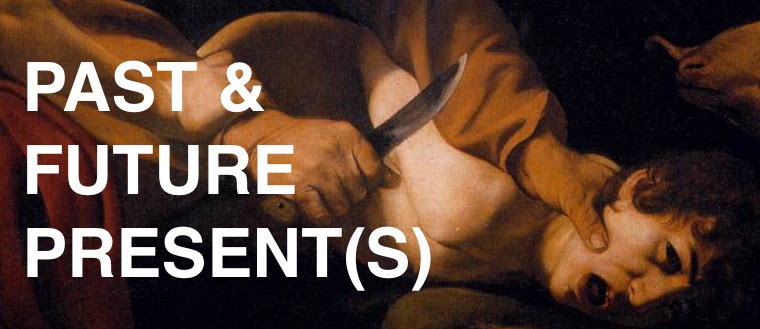In memory of Michel-Rolph Trouillot
Thus the writer rises out of his national environment and gains universal significance.
- Edward Said, Culture and Imperialism
I.
First
reading Silencing the Past: Power and the
Production of History last year I immediately
appreciated the lucidity of Trouillot's prose in his call to hear what is
silenced. Trouillot's work follows and expands on the history-from-below work
of British Marxist historians like E.P. Thompson and the critical work of
the Subaltern Studies group. In fact, Trouillot cites Subaltern
Studies historian, Ranajit Guha along with Marx and Hayden White in the
first half of his book. Turning to Trouillot's theoretical forebears before
considering his excavation of Sans Souci, I think it is important to consider
the form of Trouillot's history book. A relatively slim volume, Silencing
the Past is not an exhaustive catalog of all the lost voices of the Haitian
revolution--the lost humans of history--but rather, a critical intervention in
the narrative. Tremendously conscious of the role narrative structure can play
in any understanding of history, Trouillot's conversational style and his
intercalary personal reflections serve to buttress the principle that permeates
throughout his narration, the importance of context. The precariousness
of memory, the unreliability of narrators, the curation of archives—oh my!—human
history must be understood as a human creation if it is to be 'useful' (here I
mean 'useful' in the context of a use-value determined by an ethical program in
opposition to the present neoliberal capitalist order, lest you think I mean
'useful' as in 'profitable'). Such is an especially difficult task in many of
the realms where history rears its powerful head. In the production of
nationalist narratives of triumph and conquest, in the manufacture of racial
difference and identity binaries, history can take the form of myth.
II.
In
Gillo Pontecorvo's 1969 film Burn!, José Dolores, the indigenous
resistance leader, is killed when landed capitalist collaborators usurp the
anti-colonial struggle and his rebellion is crushed. I am reminded of Burn!
by the story of Sans Souci. Pontecorvo's Dolores is hanged by the state,
Trouillot's Souci, the person, is murdered by the rising monarch, the
reactionary, the traitor to the revolution. The two Sans Souci ("without
concerns" in French) palaces, one in Milot (Henry Christophe's) and the
other in Potsdam (Fredrick the Great's), are the intriguing and posthumous reminders
of a lost voice. As Trouillot struggles with the 'silenced' archives to
resurrect the story of Souci (the person), the Haitian revolution is
reimagined. That is to say, the common narrative of colonizer versus colonized
begins to collapse as Haitian history is seen for what it is: tragic, hopeful,
multifarious, heterogeneous, and unfinished. During the production of Burn!,
following concerns that Franco's government would ban the film, the colonial
power in the narrative was changed from the Spanish to the Portuguese (despite
the fact that the Portuguese never held colonies in the Caribbean), a further
reminder that the representation of history is fraught with ideological contestation.
III.
Trouillot's
consideration of how the Haitian revolution was silenced in its present moment
(and beyond of course, "ghosts that are best left undisturbed") by
Western recorders compels me to reflect on our own present moment. It
is apparent that if you surrender to the historical unconsciousness that
dominates our present society's sense of itself (i.e. "American
Exceptionalism") you are absolved from resisting the present; empty, homogenous
time renders resistance futile. In the consciousness of the 'mainstream',
Occupy Wall Street is a 'lost cause.' Nonetheless, other narratives are written
and published on blogs, on Twitter, and by independent presses, including
this narrative here. The rebellion continues because there is no mystical power
that consolidates and erases with totality, and certainly no cabal or
conspiracy (though, undoubtedly, an oligarchy), but there is human agency and
hope. Trouillot's book is a powerful indictment of history, but one must
not forget the potentially subversive power of history as well. In his
narration of the San Domingo Revolution, The Black Jacobins, C.L.R.
James did not just write an exquisite history (despite its silences) of
Toussaint L'Overture's struggle, of the Caribbean, of modernity and
transnationalism, but also a call for global revolution.


